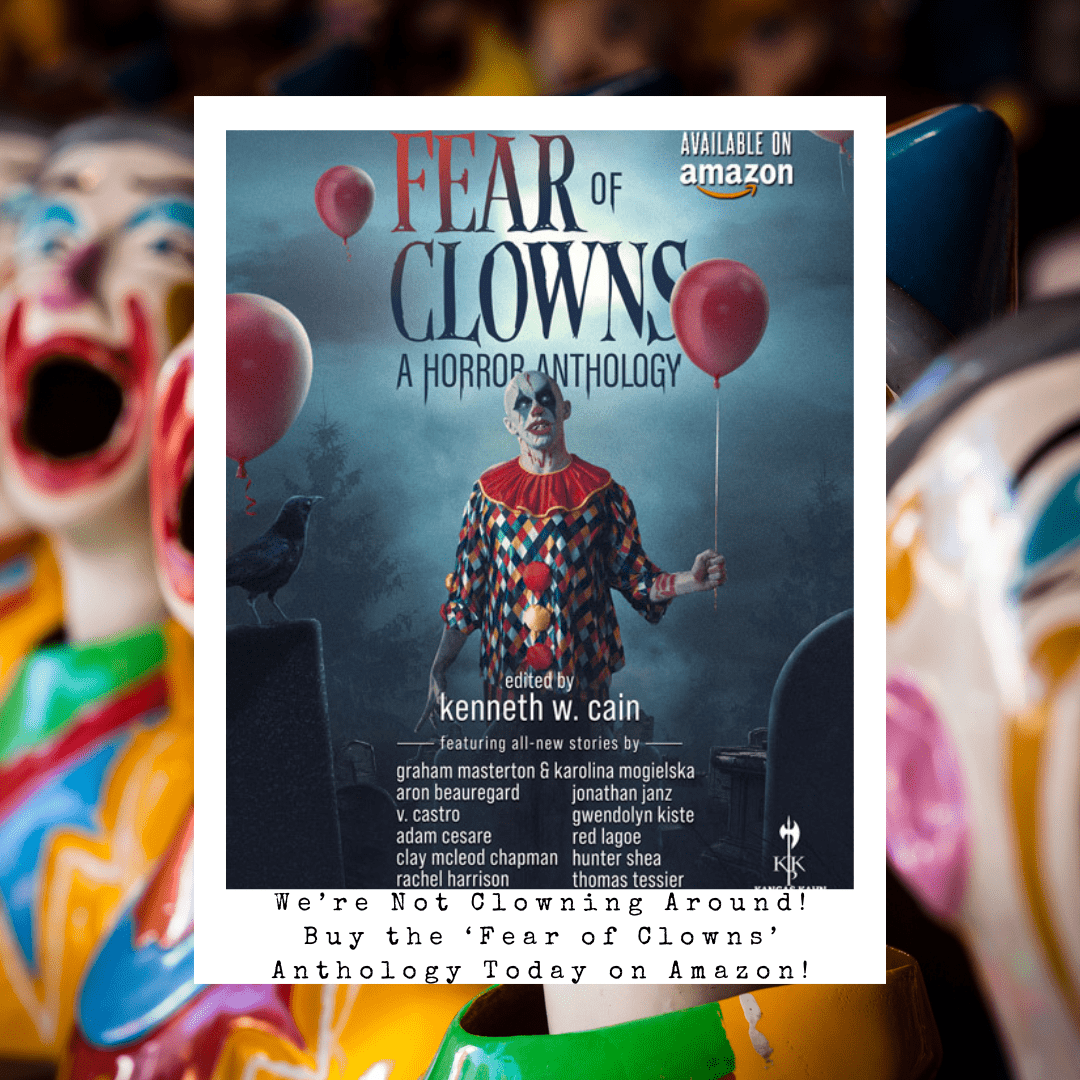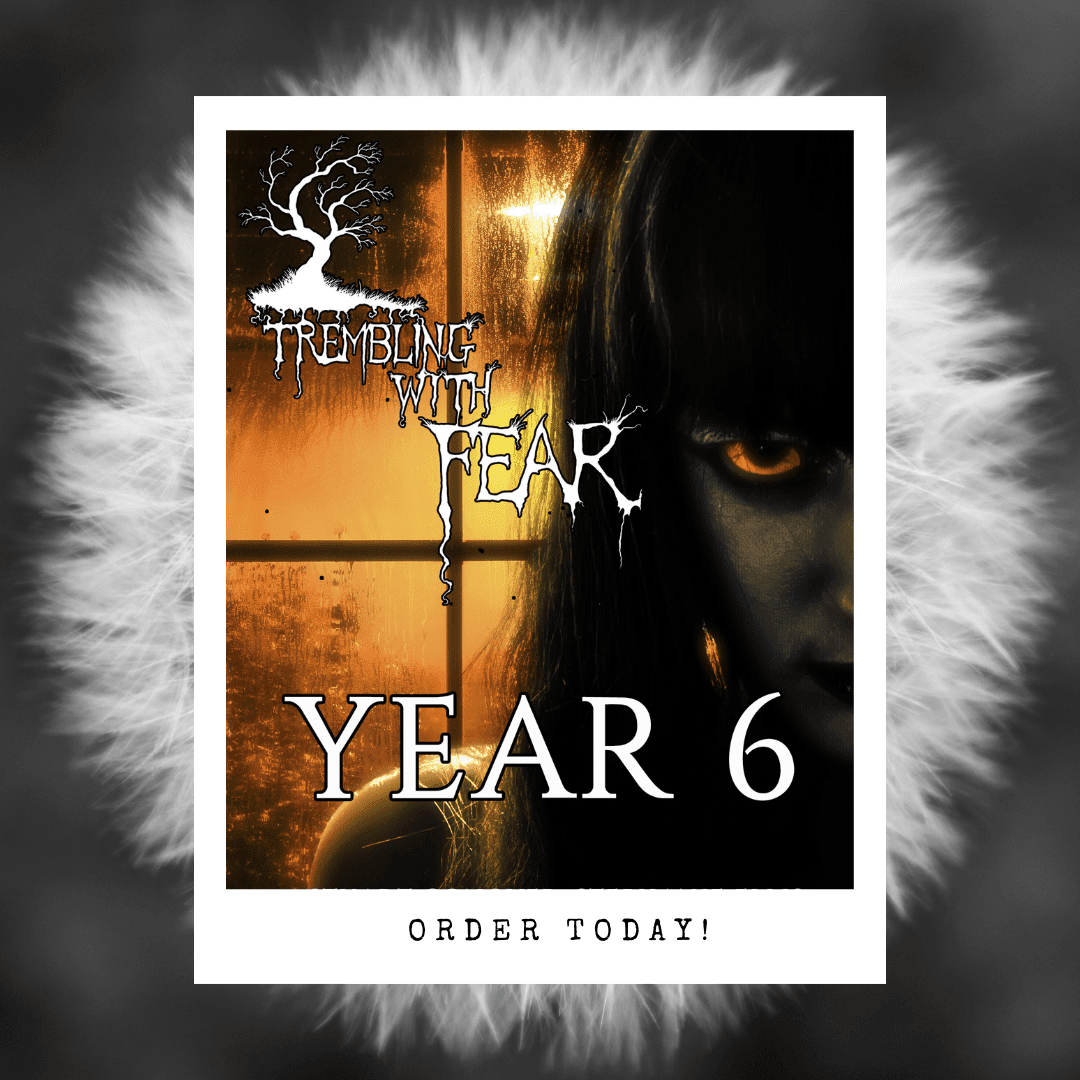Serial Saturday: Wotan Watches by J. R. Santos, Chapter Three
Chapter Three
Sleep was blessed with the absence of thought and memory, thus free of pain. There was not even the sensation of falling through the air or breaking the water’s surface, nor the sinking into the dark lake.
Bard’s eyes opened only when he had hit the bottom, and he trudged through the muddy flats, lifting dust and untangling himself from the algae, stumbling more than swimming at random. Death had been short-lived. Bard’s lungs did not burn despite the seeming lack of air, yet he was compelled to escape the darkness.
Rather than finding his way to the surface, the upper world had come to meet him. He was met by the friendly woods and the shores of the lake he had been taken to with his sister in long gone summer days. There was no sound and he was met by his parents in their summer clothes—from the lake’s shore came running two young girls.
In the soundless mirage they splashed joyfully, cool spray rising to the darkened pits Bard had fallen to. Water within water, a memory within a lake, shown through a dream. Father mouthed something Bard could not hear but could guess; he crossed his arms and touched his own chest to feel the scars, two perfect half-moons.
He turned his back on the memory and walked on, dazed and more alone than before. Bard wasn’t lost for long—a storm came which stirred the waters and pelted him with rain and hail until he woke up.
“Genda?”
The figure looked more like death than it did the mysterious person from the bar, at least to a shaken, drowsy and beaten-up Bard. It was as if this figure was wrapped in a dark shroud, their pale face peeking from underneath the veil of shadow like a pale mask. A hairless face, which as Bard’s eyes adjusted, did resemble Genda’s.
“I’m Erinn. My sibling left you in my care.”
“Where?”
Erinn gestured to their surroundings. “Our perch. Genda couldn’t stay so I watched over you. It’s been a day since you were brought in.”
Bard fought back the nausea at the realization a whole day had been lost after he had been assaulted. Still wondering how close to death he had come he, felt his face and arms, his ribs, but despite feeling sore all over, he found no bruises, nor broken bones. He tried to sit and seemed unable to; Erinn reached out and helped him to sit, then to get out of the sofa.
This had been covered with sheets and pillows, making for an improvised nest. “Let’s get you to the backyard. Sunlight and fresh air will do you good.”
Bard at first felt blinded by the sun. As his eyes adjusted and he sat down again, he noticed they were surrounded by apartment buildings. It seemed Genda and Erinn must share a ground floor, or basement, open to the outside. Their backyard was shielded by the towering buildings, walled off by a waist-high concrete wall, and the stone-paved ground had a single tree standing at its center. Bard couldn’t tell what kind it was, only that it reached high into the sky with its many branches.
The yard was filled with bird song. Genda returned with a bowl of gruel that smelled of honey and nuts. “Here. It’s good for you.” The bowl was made of wood, as was the spoon. Bard was filled with impossible memories of long-gone homes and families that had once populated the countryside, and ate with gusto. His strength was soon restored, though the memories did not fully leave him.
If anything, the longer he stayed by that tree the more nostalgic he felt. He tried to pluck at the memories that did belong to him but found them hard to grasp.
“I have a sister,” Bard announced to no one in particular. “I dreamt of us when we were young. I haven’t spoken to her in a while.”
“Why’s that?” Despite asking the question, Bard felt there was a knowing look in Erinn’s eyes.
“Angelo. He did this to me. Things were different back then … well, I …” Bard closed his eyes and breathed slowly, trying to regain his calm. “He’s no good, to me or anyone else. My sister warned me; she was there for me through thick and thin.” Bard felt the familiar twin scars. “I don’t know if she understood me, but she loved me. I think I can see it now. Clearly, for the first time; Angelo tore us apart so I would be alone.”
“The cost of wisdom.” Erinn nodded. “Pain and many mistakes. We learn, eventually, don’t we?”
Bard shrugged. “Maybe. I don’t know. I hate him and I don’t want to see him again. I want to talk to my sister, make amends.”
“You should do it then. Without hesitation, without compromise. Call her and she will come.”
“No.” Bard shook his head and regretted it, feeling dizzy again. “No. It’s not that easy. I don’t know if she’ll ever talk to me again.”
Erinn shook their head. “You never know when you’ll have the chance. I never forget a thing; some say I do nothing but dwell on the past. Someone must remember how things were, and I tell you why: to prevent others from repeating old mistakes.”
“You don’t understand. I appreciate the concern but you don’t know the full story.”
“You have told me enough. Mistakes were made but things have changed, or must change, or else end in tragedy. Don’t wait too long.” Erinn had brought tea which they both drank and felt soothed by. The bule was of cast black-iron, decorated with reliefs depicting birds in flight. “I must leave you now. You must make your own choices in order to move on, so remember my advice. You are not your past; your past is but the roots of the tree you are still growing, its branches reaching towards the heavens. Good luck.”
Bard was left alone then without further explanations or instructions, and unable to thank his host. He finished his tea and took the things to the kitchen sink. New clothes had been left for him, including a long coat which was most absolutely not his style. It could either be something fitting an old woman, or some cartoonish pimp, made of black fur, or perhaps feathers—Bard wasn’t sure which.
As garish as it looked, it was better than catching a cold. The weather had turned and he felt a chill sink into his bones that he desperately wanted to keep out. Wearing what he had been lent, or gifted, the keys to his own apartment and his wallet, much lighter now, left for him to pick up from a coffee table by the sofa, Bard found his way out of the apartment.








